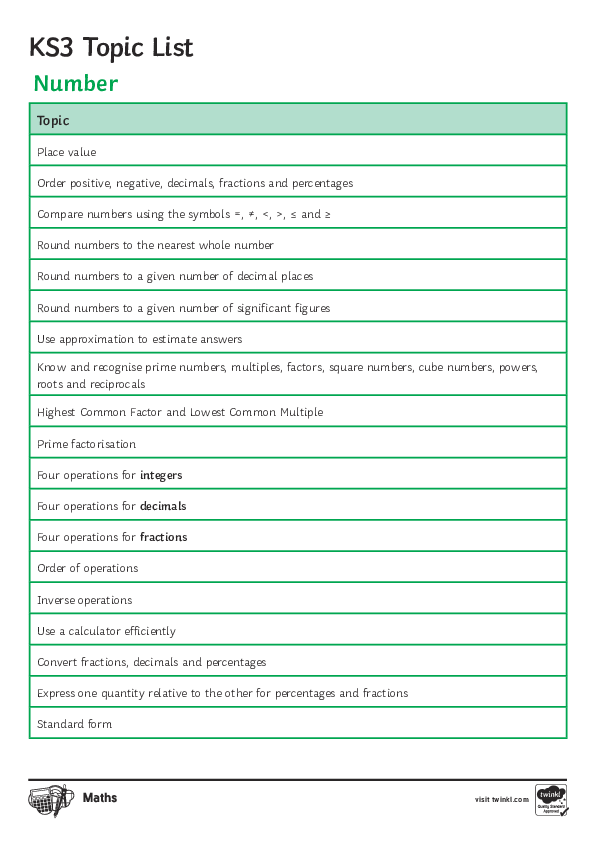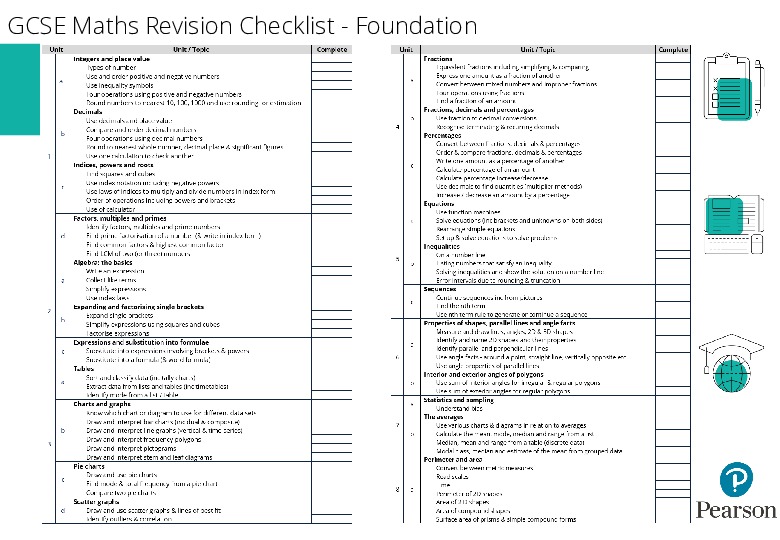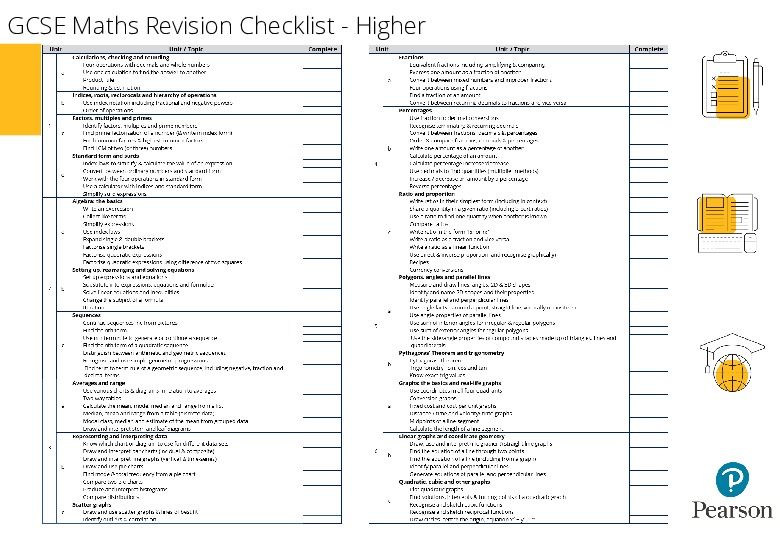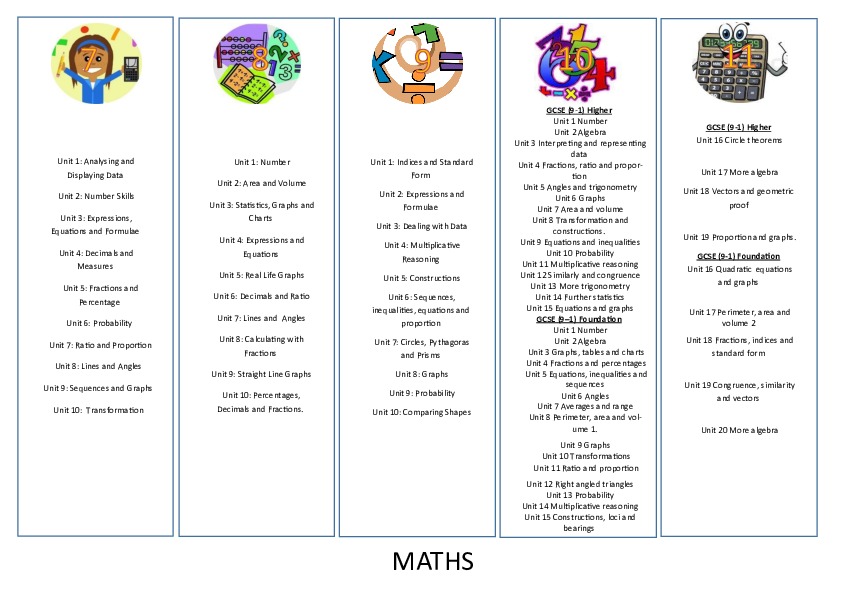- Home
- Secondary
- Subject Information
Mathematics
Back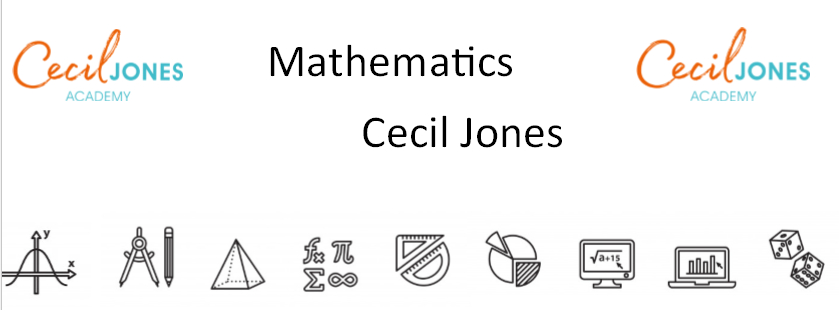
Introduction:
As a department our vision is to ensure all students have access to an exciting curriculum delivered to them in a way that maximises each individual’s ability to learn and progress. Mathematics is a creative and highly inter-connected discipline where we want to show students how Maths has a massive part to play across the academy in other subjects from the sciences through to food technology, as well as the influence it will have in their future career paths. Our enthusiasm and passion for the subject filters into the lessons we deliver, this along with our state of the art classrooms and the wide variety of resources we use allows us to create a high-quality mathematics education that therefore provides a foundation for understanding the world, the ability to reason mathematically and problem solve, an appreciation of the beauty and power of mathematics, and a sense of enjoyment and curiosity about the subject.
Our subject area seeks to develop the following in all our students:
1. A positive attitude towards mathematics by:
- seeing it as an interesting and attractive subject
- helping them to appreciate the creative and aesthetic aspects of the subject
- ensuring that persistence through sustained work is rewarded
- giving credit and praise to improve confidence
- encouraging students to set themselves challenging targets
2. Sound numerical skills by:
- ensuring that calculators are used sensibly and efficiently
- the use of starters and plenaries to promote the use of mental skills
- insisting that they learn relevant concepts and facts
3. A willingness to use algebraic skills by:
- exploring mathematical patterns and sequences
- identifying functional relationships
- using correct and appropriate mathematical notation and language
- using mathematics to model real-life situations
Our expectations:
If you encourage your child to do the following then it will help them achieve a better grade in Mathematics:
1) Attendance and Punctuality. Attendance and punctuality to Mathematics lessons is essential as Mathematics is like a ladder. If a rung is missing, or if you don’t get a good grip on it, you’ll struggle to reach the next rung. If enough rungs are missing, it will be difficult to climb higher. If you do miss a lesson for a good reason, please see your teacher and catch up with the work missed.
2) Maximum effort in lesson. Come to lesson with the correct equipment and be mentally prepared to learn. Follow your teacher’s instructions, listen attentively to explanations, and put in maximum effort in the classwork. Ask your teacher for help if you do not understand. At the end of the lesson you should have learnt something, ask yourself what you have learnt.
3) Do your homework. Homework may seem like torture, but it is really designed to help you learn. The key to learning Mathematics is practice: do enough problems on solving linear equations, and you will eventually be able to do it in your sleep. Plus, as you do your homework, you will be able to identify concepts you do not understand and then you can ask your teacher for help.
KS3
During year 7, 8 & 9 students will be taught the foundations that will be required to begin their GCSE in Mathematics. Our scheme for learning is split into three tiers allowing us to ensure work is suitable for the students and for us to differentiate accordingly. Our mathematics KS3 is split into 5 categories
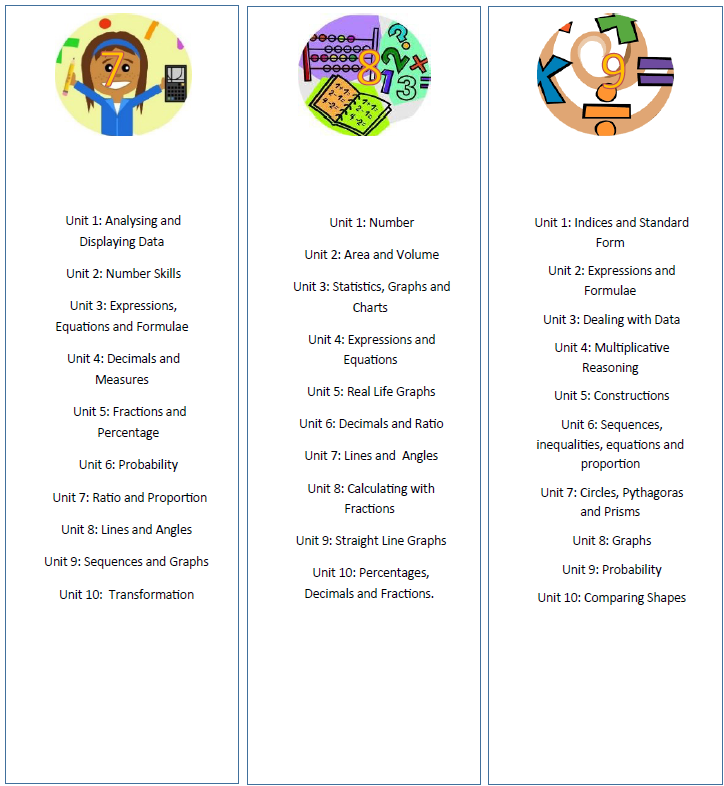
Students are assessed after every 3 units roughly every term, allowing us to gain a holistic overview of the progress made. This allows us to set specific targets for individual students in order for rapid progress and improvement.
KS4
- All KS4 students will take the foundation learnt at KS3 and begin to develop those skills in the GCSE setting. More emphasis on problem solving as well as breaking down components of questions is required at this stage. The areas of study covered are the same as in KS3 but students will begin to deepen their knowledge across 20 more units.
- The GCSE course is split into Higher and Foundation and our tracking of the students from year 7 as well as teacher input will allow us to decide which tier each student will be entered for.
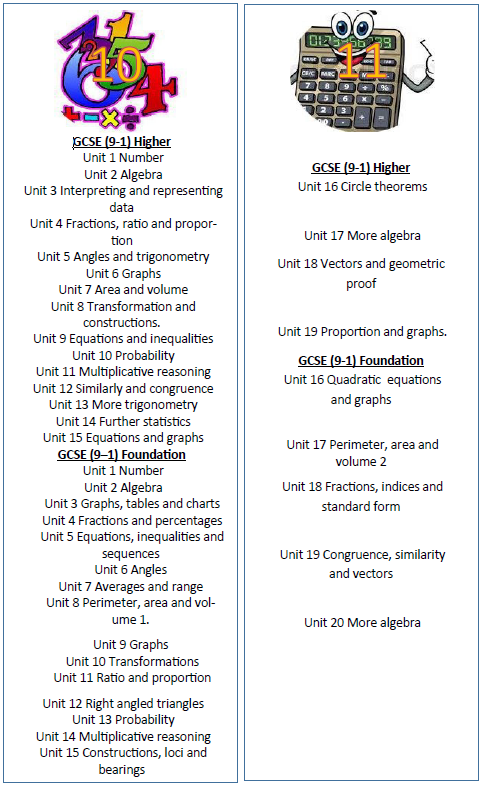
More specification details can be found here:
https://qualifications.pearson.com/content/dam/pdf/GCSE/mathematics/2015/specification-and-sample-assesment/gcse-maths-2015-specification.pdf
- At the end of the course students will sit 3 exam papers.
- Paper 1 – Non-Calculator 1hr 30 mins
- Paper 2 – Calculator 1hr 30mins
Paper 3 – Calculator 1hr 30mins
All papers are worth 80 marks and total scores across all 3 papers are added together.
Below is a breakdown of how much of each branch of Mathematics is assessed in each tier
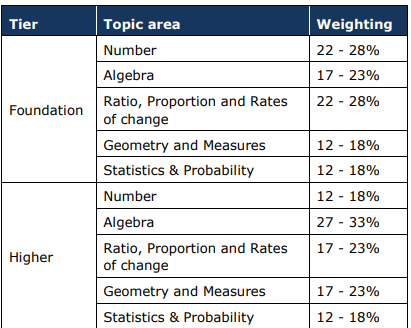
Maths Excellence Awards
Maths Excellence Award
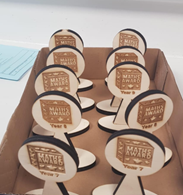

Cecil Jones KS3 and GCSE Maths Excellence Award recognizes outstanding achievement in Mathematics from our students in Key Stage 3 (Years 7-9) and GCSE (years10 and 11). These awards are presented alongside weekly subject awards and presented by our Maths Curriculum Team Leader Mr Bukwirwa.


The purpose of this award is to celebrate students who demonstrate a strong grasp of mathematical concepts, problem-solving skills, and a positive attitude towards mathematics.
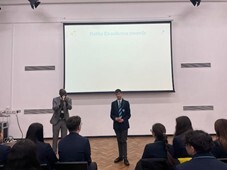
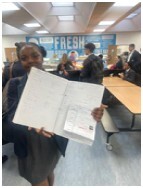

We must all continue to champion success in mathematics and strive for excellence. Hard work and dedication to mathematics has led to some outstanding achievements in Key lessons across Maths this academic year. We have handed out certificates and celebrated superb work in assemblies. Well done to all of our winners. Please remember to ensure your child has access to their google classroom and check for regular maths updates.
Reminder of useful resources to support the study of maths at
Home
https://www.bbc.co.uk/bitesize/groups/c2e2vnne0nkt
https://www.bbc.co.uk/bitesize/subjects/zqhs34j
KS3 + KS4
"The essence of maths is not to make simple things complicated, but to make complicated things simple."
- Stann Gudder

